Singaporean fintech company Aleta Planet has rolled out a digital payment application for Muslim communities to cater to a broader demographic.
According to the announcement, the application will cater to the niche payment needs of Muslims in Singapore and the rest of Southeast Asia. Dubbed MPLUS Aleta, the payment app is designed to offer advanced capabilities that align with Islamic financial principles for merchants in the region.
Southeast Asia has a growing Muslim population of around 250 million, providing a deep customer pool for MPLUS Aleta. The report notes that Muslim merchants are not required to pay transaction fees for the first two years of using MPLUS Aleta.
Furthermore, introducing a cashback program is expected to boost consumer adoption.
In terms of functionalities, the application places user experience on a pedestal via the launch of a “dedicated MPLUS Aleta QR code” for payments. Aleta Planet offers a closed-loop ecosystem using its proprietary technology, making payments independent of the broader regional payments industry.
Consumers using the platform will have access to a pool of Muslim merchants offering a range of goods and services. While details are sparse, it is expected that Aleta Planet will provide users with halal food merchants and halal investment options.
Apart from a halal vendor directory, the application may offer prayer times reminders for users and an integration into the Islamic calendar.
However, in line with Islamic principles, there is chatter that savings on the app will offer zero interest rates. Additional functionalities will include an in-built Zakat calculator and a community of accredited Muslim charities for donations.
The announcement does not mention digital assets or distributed ledger technology (DLT) for settlements in line with the digitization gale sweeping across Southeast Asia.
Walking a thin line with digital assets
The mobile application may not feature digital assets, given the stance of several countries in the region. In Indonesia, an Islamic organization has declared digital assets as haram, citing a raft of reasons, including the difficulty in reining its use under Sharia law.
However, another study finds digital assets to be Shariah-compliant, noting that they are legal unless banned by local regulators. Despite the split decision, digital asset use has spiked during Eid celebrations recently.
Shariah-based digital asset fintech set to balloon toward a $4 trillion market capitalization
While the payments industry is working toward digitization, a new report says Muslim-focused digital currency platforms can approach a $4 trillion market capitalization in the coming years.
The report, compiled by INPUT, notes that the biggest upside for growth revolves around Sharia-compliant digital currencies. Platforms incorporating Shariah-compliant digital currencies will reach a combined valuation of $12 billion by 2028.
Currently, the market capitalization sits at $8 billion, with the report tipping a compound annual growth rate of 11%.
Several factors will drive the adoption of Shariah-based digital assets, with Gen Zs expected to be the biggest movers in the ecosystem. Per the report, a growing tech-savvy Muslim population will require digital asset services that are compliant with Islam while offering the same benefits.
While Islamic banking has gained a significant foothold in recent years, the report predicts that younger millennials and Gen Zs are more likely to turn to Sharia-compliant digital asset payment services.
The report notes that the Middle East will drive the biggest growth spurt for the emerging sector while Southeast Asia’s growing Muslim population will contribute a fair share. Europe, North Africa, and sub-Saharan Africa will contribute to the double digital CAGR of Sharia-compliant digital assets.
The report name-checks leading players as service providers race for places in the emerging ecosystem. The HAQQ network holds the largest market share, with over 34.5 million transactions since launch and shows no signs of slowing down.
Goldsand, MRHB Network, Sidra Chain, and Caiz are tipped to be the biggest players in the space. Service providers will offer users no interest rates in line with Shariah law while providing a halal vendor directory integrated into their services.
According to the report, achieving a double-digit CAGR will come with its share of challenges for the fledgling ecosystem. For one, the theological rules involving digital assets remain unclear in the Middle East and Southeast Asia.
Watch: Enabling BSV Payments to major retailers with Lorien Gamaroff of Centbee

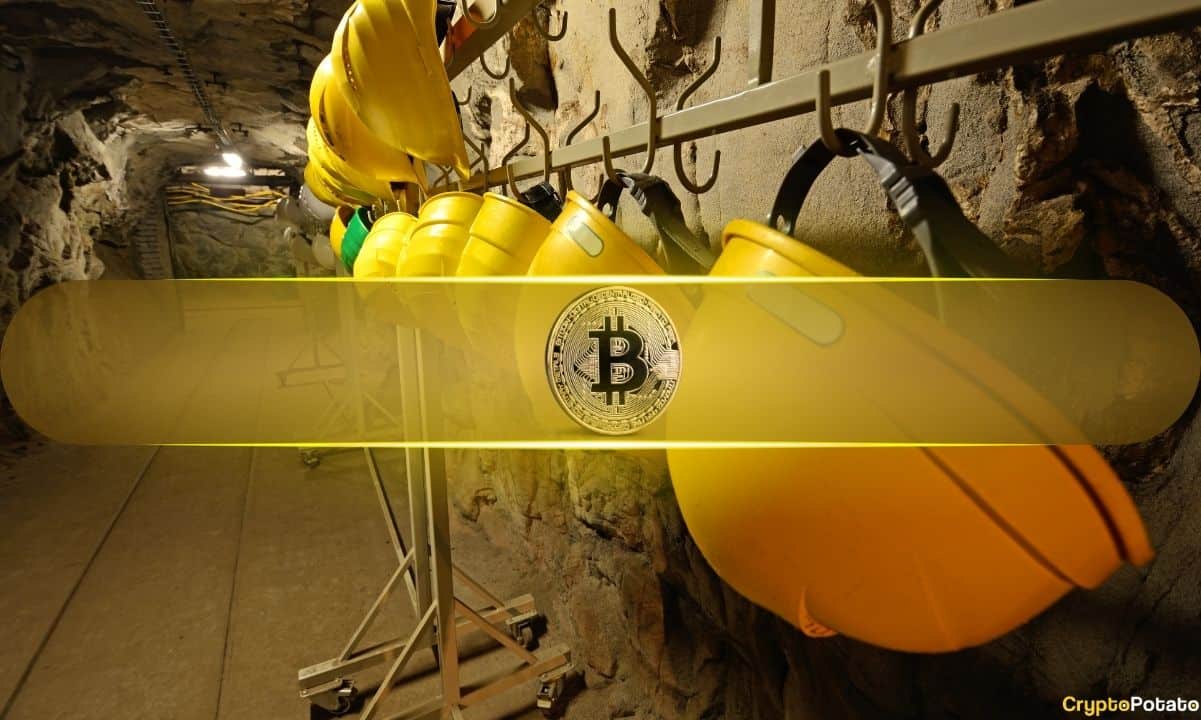
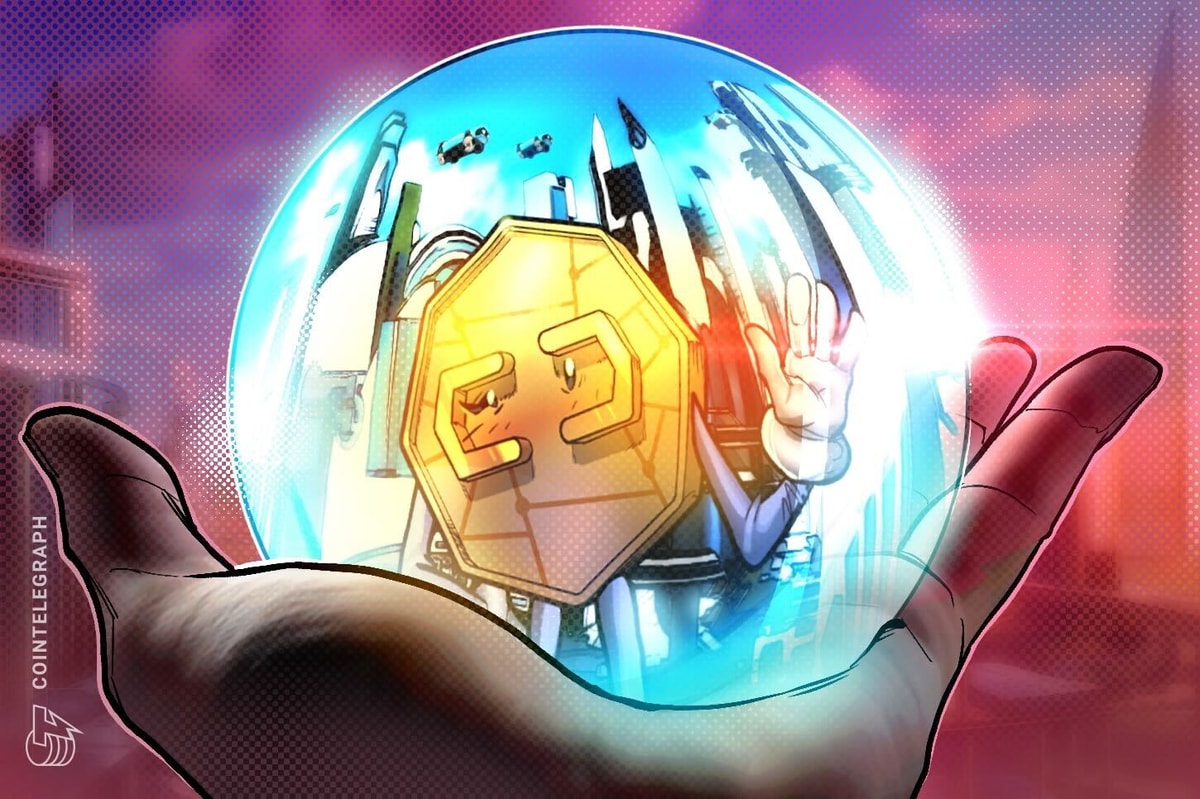

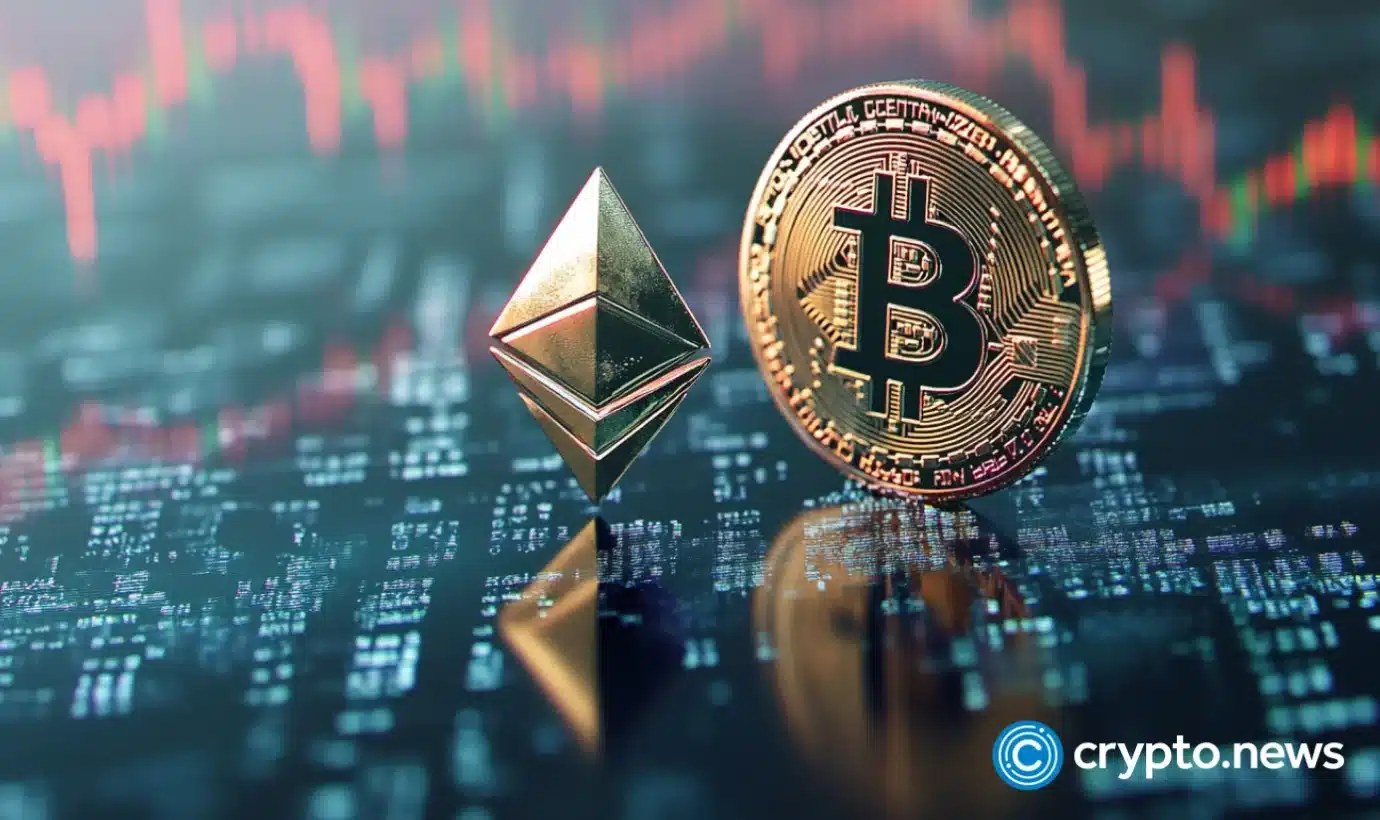

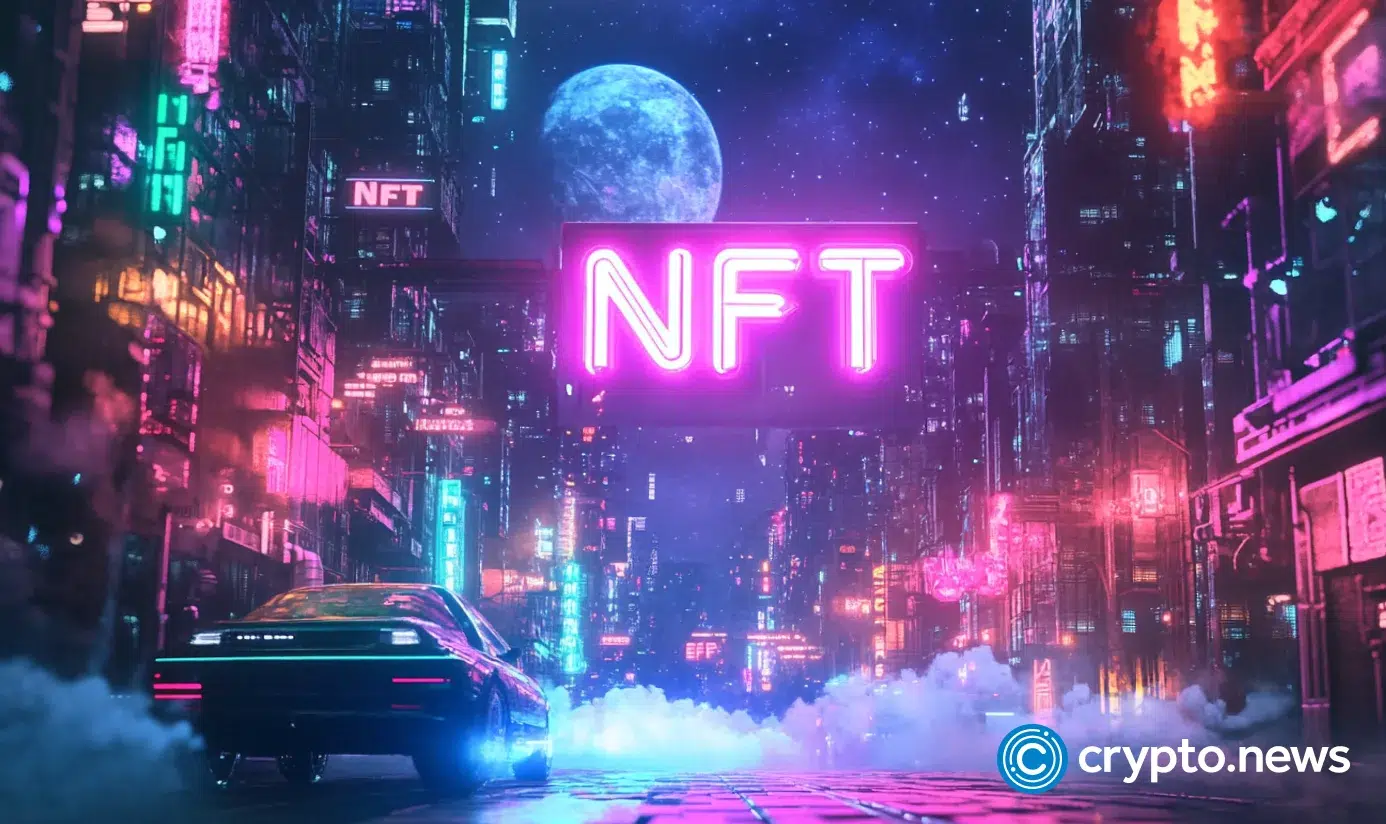
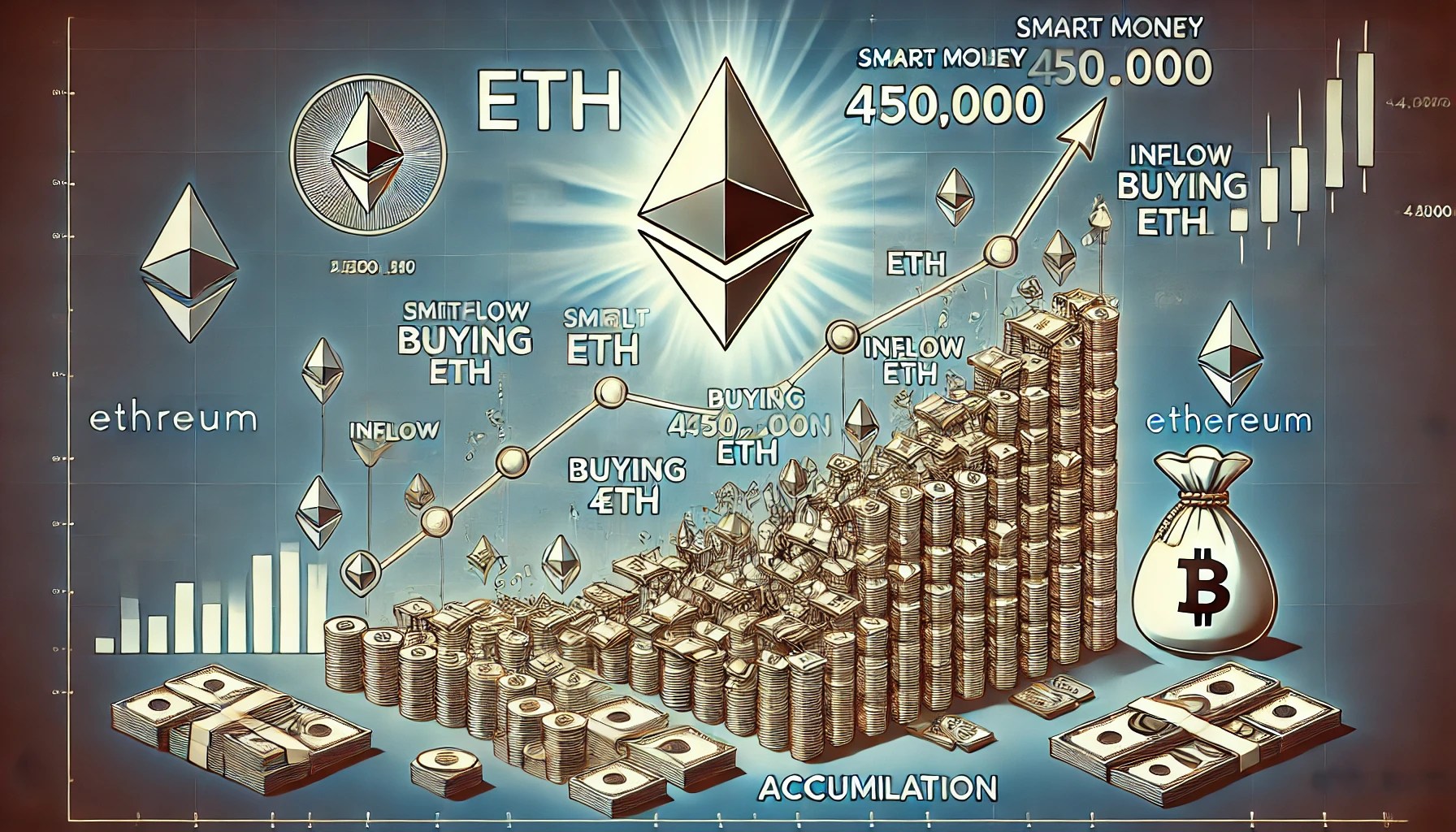






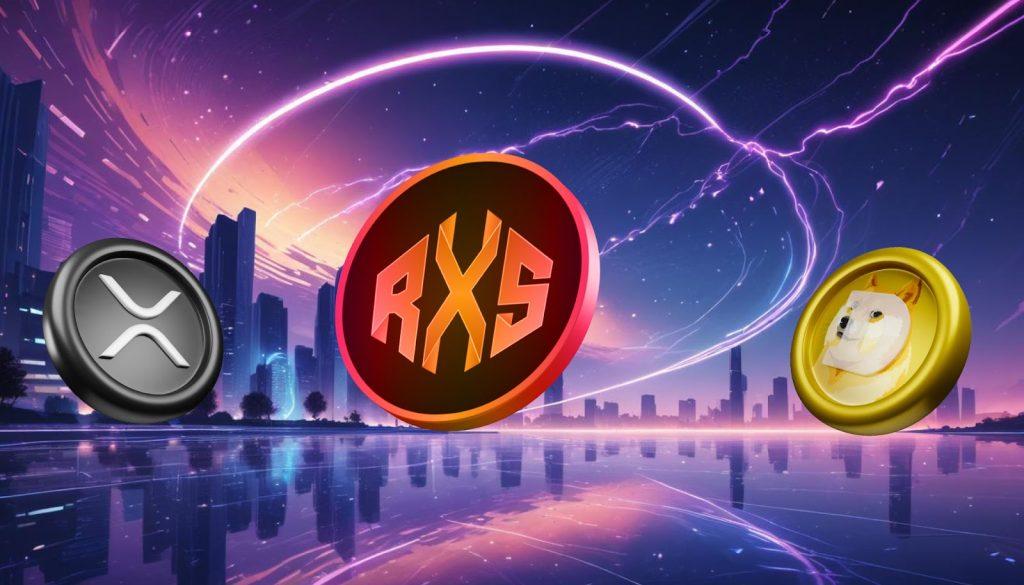

 English (US) ·
English (US) ·